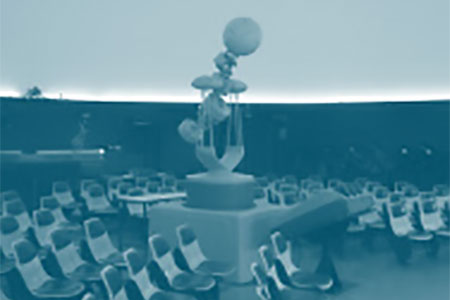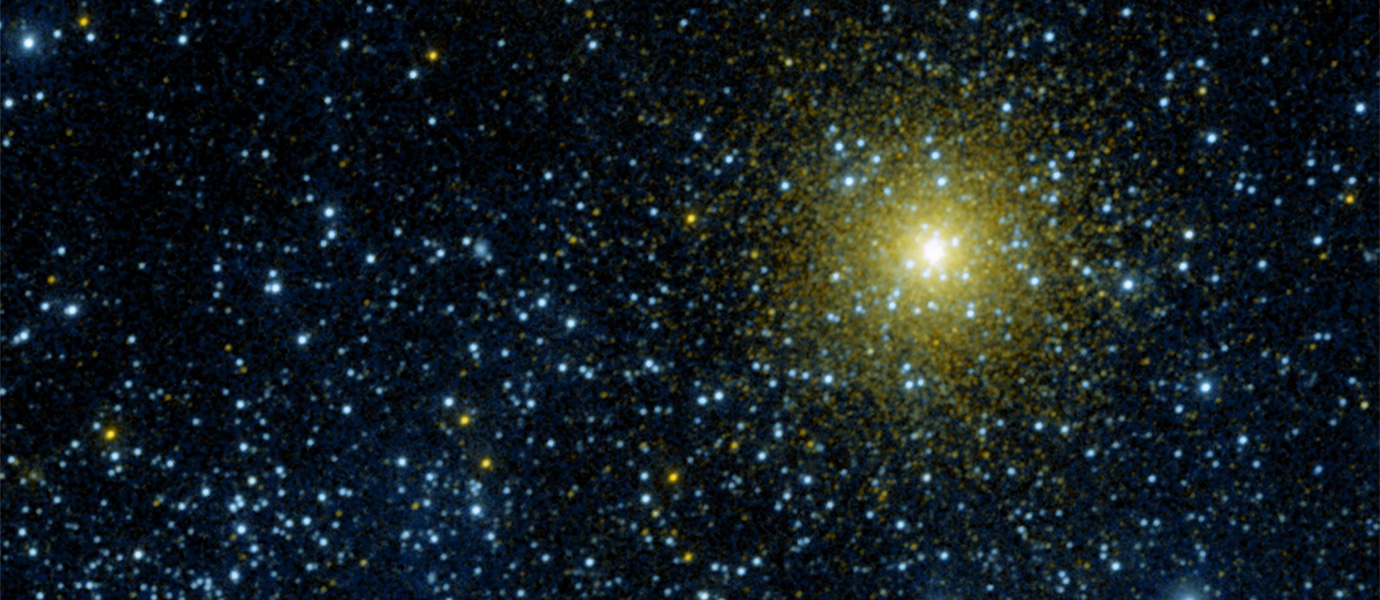
School
Groups can gaze at the stars, learn about the planets in our solar system, and much more. Shows last 30 minutes and include presentations such as Infinite Express, Origin of Life, BIG, and The Nature of Science. For younger groups, Dr. Salgado will also give insight to the topics touched upon during the planetarium presentation.
supports classroom learning in:
Science.
topics covered:
Astronomy, Planets, Solar System, Physics.
contact info
Name: Dr. Carlos Salgado.
Phone: 757-823-8909
Email: [email protected]
INFO
ABOUT
NSU Planetarium
Discover the skies at the NSU Planetarium. From the facility, Dr. Carlos Salgado controls the observatory’s Rapid Response Robotic Telescope. Regularly scheduled planetarium shows are offered during the academic year and are free and open to the general public. The Planetarium is also open to civic organizations and local schools.
contact info
Hrs: Vary.
HELPFUL LESSON PLAN(S)
Prepared by FieldTripDirectory.com
Planetarium Lesson Plan
FUN FACTS
Earth has more exposed water than land. Three quarters of the Earth is covered by water! The earth has one moon.
Venus is the brightest planet in our sky and can sometimes be seen with the naked eye if you know where to look. It is the solar system’s brightest planet — yellow clouds of sulfuric acid reflect the sun’s light.
Jupiter is so big that you could fit all the other planets in the solar system inside it.
Pluto is no longer considered a planet — instead, astronomers call it a dwarf planet or planetoid.
View Lesson Plan>>
Scouts
Groups can gaze at the stars, learn about the planets in our solar system, and much more. Shows last 30 minutes and include presentations such as Infinite Express, Origin of Life, BIG, and The Nature of Science. For younger groups, Dr. Salgado will also give insight to the topics touched upon during the planetarium presentation.
supports scout badges in:
Science.
topics covered:
Astronomy, Planets, Solar System, Physics.
contact info
Name: Dr. Carlos Salgado.
Phone: 757-823-8909
Email: [email protected]
INFO
ABOUT
NSU Planetarium
Discover the skies at the NSU Planetarium. From the facility, Dr. Carlos Salgado controls the observatory’s Rapid Response Robotic Telescope. Regularly scheduled planetarium shows are offered during the academic year and are free and open to the general public. The Planetarium is also open to civic organizations and local schools.
contact info
Hrs: Vary.
HELPFUL LESSON PLAN(S)
Prepared by FieldTripDirectory.com
Planetarium Lesson Plan
FUN FACTS
Earth has more exposed water than land. Three quarters of the Earth is covered by water! The earth has one moon.
Venus is the brightest planet in our sky and can sometimes be seen with the naked eye if you know where to look. It is the solar system’s brightest planet — yellow clouds of sulfuric acid reflect the sun’s light.
Jupiter is so big that you could fit all the other planets in the solar system inside it.
Pluto is no longer considered a planet — instead, astronomers call it a dwarf planet or planetoid.
View Lesson Plan>>
Homeschool
Groups can gaze at the stars, learn about the planets in our solar system, and much more. Shows last 30 minutes and include presentations such as Infinite Express, Origin of Life, BIG, and The Nature of Science. For younger groups, Dr. Salgado will also give insight to the topics touched upon during the planetarium presentation.
supports classroom learning in:
Science.
topics covered:
Astronomy, Planets, Solar System, Physics.
contact info
Name: Dr. Carlos Salgado.
Phone: 757-823-8909
Email: [email protected]
INFO
ABOUT
NSU Planetarium
Discover the skies at the NSU Planetarium. From the facility, Dr. Carlos Salgado controls the observatory’s Rapid Response Robotic Telescope. Regularly scheduled planetarium shows are offered during the academic year and are free and open to the general public. The Planetarium is also open to civic organizations and local schools.
contact info
Hrs: Vary.
HELPFUL LESSON PLAN(S)
Prepared by FieldTripDirectory.com
Planetarium Lesson Plan
FUN FACTS
Earth has more exposed water than land. Three quarters of the Earth is covered by water! The earth has one moon.
Venus is the brightest planet in our sky and can sometimes be seen with the naked eye if you know where to look. It is the solar system’s brightest planet — yellow clouds of sulfuric acid reflect the sun’s light.
Jupiter is so big that you could fit all the other planets in the solar system inside it.
Pluto is no longer considered a planet — instead, astronomers call it a dwarf planet or planetoid.
View Lesson Plan>>
